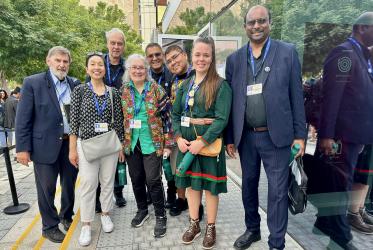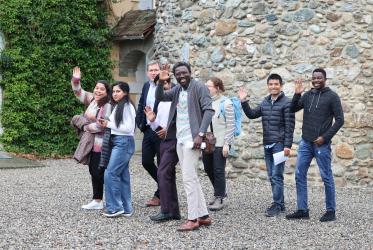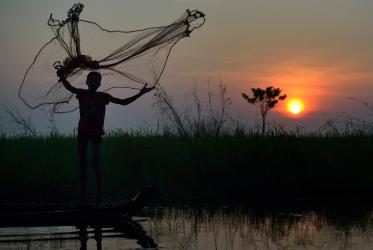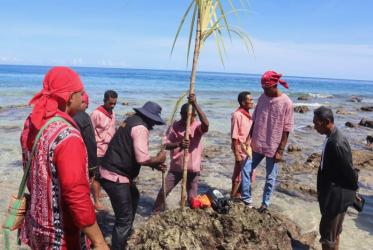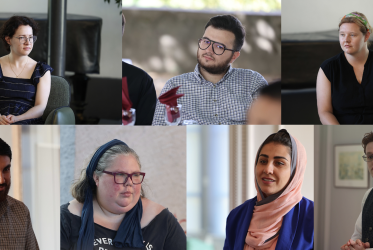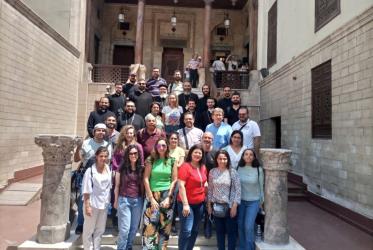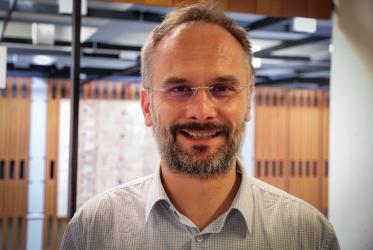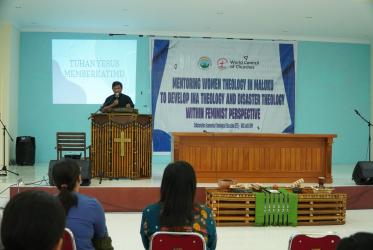Displaying 21 - 40 of 197
WCC institute encouraged rethinking theology
23 November 2023
As floods rage in eastern Africa, church acts to save the people
22 November 2023
ACT Alliance general secretary: “equity is not negotiable”
26 September 2023
Chateau de Bossey thriving as lives are transformed
08 September 2023
